Flying these days can feel like navigating a maze of fees, delays, and unexpected hiccups. But here’s something most travelers don’t realize: you’re probably entitled to way more money back than you think.
Airlines, hotels, and credit card companies actually owe you refunds in dozens of situations, but they’re not exactly advertising these opportunities. Most people just shrug off travel problems and chalk them up to ‘that’s just how it is.’
Meanwhile, they’re walking away from legitimate compensation that could put hundreds of dollars back in their pockets. Here’s a list of 15 refunds travelers often miss.
Flight Cancellations by Airlines
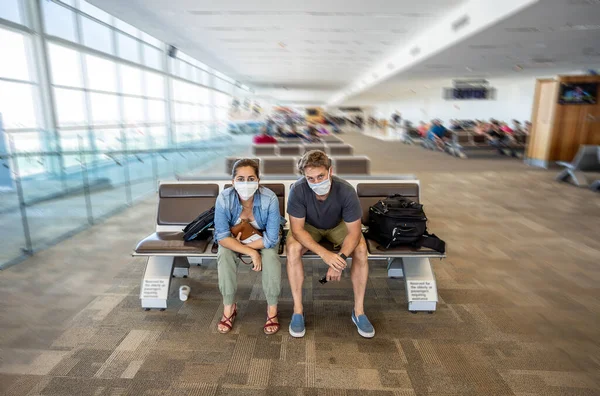
When airlines cancel your flight, you’re entitled to a full cash refund — even if you bought a non-refundable ticket. This applies to all passengers, including those traveling on a nonrefundable ticket, and you must decline any alternative transportation or travel credits offered by the airline to qualify for the cash refund.
Many travelers accept vouchers or rebooking without realizing they can demand their money back instead. Cash refunds must be ‘automatic and prompt’ and no longer need to be explicitly requested, with airlines required to process refunds within seven days for credit card purchases and 20 days for other payment methods. Don’t let airlines pressure you into accepting credits when cold, hard cash is legally yours.
Significant Schedule Changes

Airlines love to quietly shift departure times, hoping you won’t notice or complain. But if your flight time changes by more than three hours domestically or six hours internationally, you’re owed a full refund. Significant changes include departure or arrival times that are more than three hours domestically and six hours internationally, as well as airport changes, including connection changes to a different airport. Even switching airports counts as a significant change.
Aircraft changes that are less accessible or accommodating to a disabled person also qualify for refunds. Many passengers just go with the flow, but these schedule disruptions can completely mess up your plans — and airlines know it.
Like Travel Pug’s content? Follow us on MSN.
Delayed Baggage Fees
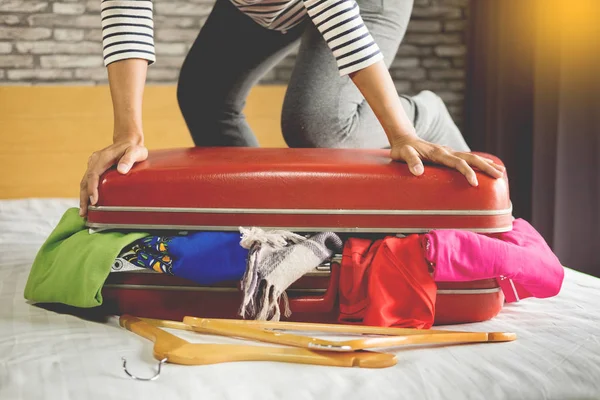
Lost your luggage for half a day or more? You shouldn’t have paid to check that bag in the first place. Checked bag fees will be reimbursed if a bag is not delivered within 12 hours of a domestic flight arriving at the gate, or 15 to 30 hours of an international flight arriving at the gate, and the passenger must file a mishandled baggage report with the airline. This is automatic money back that most travelers never think to claim.
The airline essentially failed to deliver the service you paid for, so they owe you that fee back. Airlines are also required to refund any fees you paid the airline to transport the bag that was lost. It’s like paying for overnight shipping and getting your package a week late — you deserve that money back.
Baggage Delay Compensation
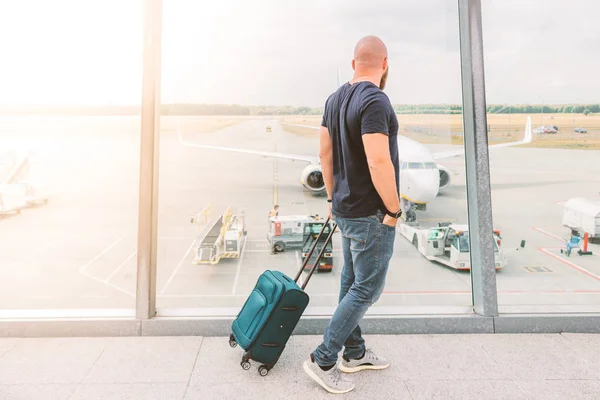
While your bag is playing hide and seek with the airline, you’re stuck buying toothbrushes and underwear at airport prices. Here’s the thing: airlines are legally required to reimburse you for these essential purchases during baggage delays. Airlines are required to compensate passengers for reasonable, verifiable, and actual incidental expenses that they may incur while their bags are delayed, subject to maximum liability limits.
The DOT requires airlines to compensate you up to $4,700 in baggage delay reimbursement for domestic flights and $1,700 for international flights. Keep those receipts for toiletries, clothes, and other necessities — they add up fast, and the airline owes you every penny.
Services Not Provided

Paid extra for Wi-Fi that didn’t work, or premium seat selection that didn’t happen? You’re entitled to get those fees back. Fees for extra services — such as Wi-Fi, seat selection or in-flight entertainment — will be reimbursed if the airline fails to provide the service. Airlines collect billions in ancillary fees, but they’re not always great at delivering what you paid for.
Most passengers just write it off as bad luck, but it’s actually money you can recover. Think of it like ordering a meal and only getting half of it — you wouldn’t pay full price for that.
Like Travel Pug’s content? Follow us on MSN.
24-Hour Booking Window

Booked a flight and immediately had buyer’s remorse? You’ve got a full day to change your mind and get your money back, no questions asked. Airlines must hold a reservation for 24 hours or provide a refund to consumers at their request within 24 hours of making a reservation. This rule applies even to non-refundable tickets, giving you a cooling-off period that most people don’t know exists.
However, there’s a catch: the 24-hour refund/reservation requirement for airlines does not apply to tickets booked through online travel agencies, travel agents, or other third-party agents. Book directly with the airline to get this protection.
Credit Card Trip Interruption Coverage

Your credit card might be your secret weapon for getting money back when travel goes sideways. Many travel cards offer trip interruption insurance that kicks in when your plans get derailed through no fault of your own. Trip interruption insurance can reimburse you for the portion of the journey you are unable to complete, such as leaving a hotel early and the hotel still charging you for the full stay.
American Express offers up to $10,000 per trip and a maximum of $20,000 per account per 12-month period for covered losses. Most cardholders have no idea these benefits exist, essentially throwing away free insurance they’re already paying for through annual fees.
Hotel Accommodation During Delays

When your flight gets canceled overnight, the airline should be putting you up in a hotel — not leaving you to sleep on airport benches. Every airline except Frontier is committed to covering hotel accommodations (and transportation to that hotel) for any passenger affected by a controllable overnight cancellation.
The key word here is ‘controllable’ — if it’s mechanical issues, crew problems, or other airline-caused delays, they owe you a room. Weather delays are trickier, but many airlines will still help out. Don’t be shy about asking for what’s rightfully yours.
Like Travel Pug’s content? Follow us on MSN.
Credit Card Baggage Protection

Your premium credit card probably covers lost or delayed bags better than the airline does. Many cards offer baggage delay insurance that starts after just six hours, while airlines might make you wait 12–24 hours. Some airlines, like Delta, define ‘delayed’ as 12 hours missing, while most credit cards define it as 6 hours missing. American Express cards can provide up to $3,000 per passenger for lost luggage, with coverage for up to $2,000 for checked baggage and up to a combined maximum of $3,000 for checked and carry-on baggage.
This secondary coverage often fills gaps that airline compensation misses, and credit card companies are usually easier to deal with than airlines.
Travel Insurance Medical Claims

Got sick or injured during your trip and had to cut it short? Your travel insurance might cover way more than just medical bills. Most comprehensive policies include trip interruption benefits that reimburse you for unused hotel nights, missed activities, and even the cost of flying home early. Travel insurance covers trip cancellation or curtailment for medical mishaps, requiring a written medical certificate from a qualified attending medical practitioner confirming that you were unfit to travel.
Many travelers focus only on the medical coverage and completely forget about the trip interruption benefits that could recover thousands of dollars in unused bookings.
European Flight Compensation
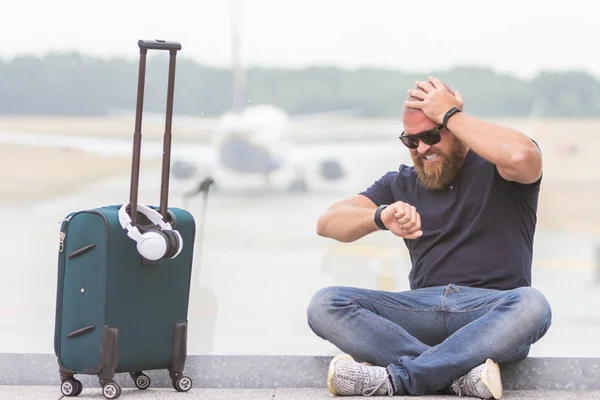
If you’re flying within Europe or on a European airline, you might be entitled to cash compensation on top of your refund. If you reach your final destination with a delay of 3 hours or more, you’re entitled to compensation if the delay is not caused by extraordinary circumstances.
This isn’t just getting your money back — it’s additional compensation for your trouble. If your checked-in luggage is lost, damaged or delayed, the airline is liable and you’re entitled to compensation up to approximately €1,300. American travelers often have no idea these European protections exist and miss out on substantial payouts.
Like Travel Pug’s content? Follow us on MSN.
Missed Connection Reimbursement

When airlines cause you to miss your connecting flight, they owe you more than just rebooking. You can often get reimbursed for meals, accommodation, and other expenses while you wait for the next available flight. If you miss a connecting flight travelling within the EU or outside the EU on a flight originating from an EU country, you should be entitled to compensation if you arrive at your final destination with a delay of more than 3 hours.
Even domestically, airlines have policies about providing meal vouchers and accommodation for missed connections that are their fault. The key is knowing that mechanical delays, crew scheduling, and baggage loading issues are considered the airline’s responsibility.
Travel Voucher Compensation

Some airlines automatically provide additional credits or vouchers when delays exceed certain thresholds, but they won’t always tell you about them upfront. Alaska, Hawaiian, JetBlue, and Southwest provide a credit or travel voucher when a cancellation results in a passenger waiting for three hours or more from the scheduled departure time. These aren’t instead of your refund — they’re bonus compensation on top of what you’re already owed.
Think of them as apology money for ruining your day. You usually need to ask specifically about additional compensation beyond just rebooking.
Lost Baggage Contents
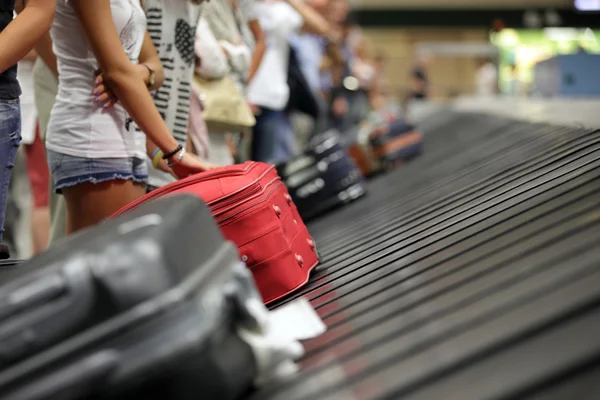
When airlines lose your bag permanently, they owe you money for everything that was inside — not just the suitcase itself. Once an airline determines that your bag is lost, the airline is responsible for compensating you for your bags’ contents, subject to depreciation and maximum liability limits. For domestic flights, the maximum liability amount allowed by DOT regulation is $4,700 per passenger.
Most travelers underestimate the value of their belongings and accept lowball settlements. Make a detailed inventory of everything you packed, including receipts where possible. That laptop, those designer shoes, the expensive toiletries — it all adds up to real money.
Like Travel Pug’s content? Follow us on MSN.
Travel Insurance Baggage Claims
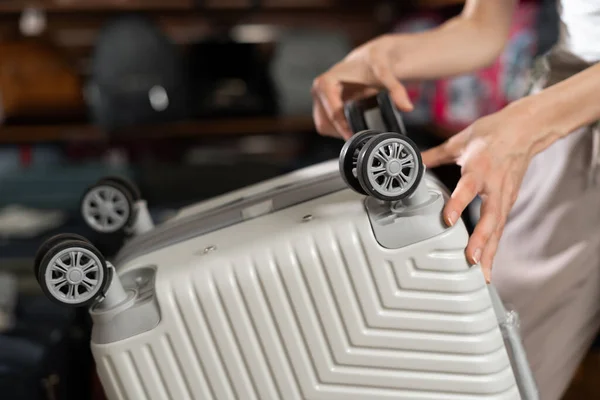
Your travel insurance baggage coverage might pay out even when the airline won’t. While airlines focus on ‘reasonable’ expenses and depreciated values, insurance policies often provide better coverage for personal belongings. Insurance provides compensation for lost baggage as well as its contents, and sometimes provides baggage delay reimbursement over and above the airline compensation.
The key is understanding that you can often claim from both the airline and your insurance — they’re separate pots of money. Most insurance companies allow travelers to file a baggage delay claim if they do not receive their checked-in bags even after 12 hours of their arrival in the destination city.
Today’s Travel Landscape

The travel industry has come a long way from the days when passengers had almost no rights and airlines could treat you however they wanted. New federal regulations implemented in 2024 have made refunds more automatic and prompt, while credit card companies have stepped up their travel protection benefits to compete for your business.
European passenger rights continue to set the global standard for what fair treatment looks like, putting pressure on other regions to follow suit. What hasn’t changed is that most travelers still don’t know their rights or how to claim what they’re owed — which means there’s money sitting on the table waiting for anyone savvy enough to ask for it.
More from Travel Pug

- 20 Best Beach Towns in the Carolinas
- 13 Destinations Where Tourists Regularly Regret Their Trip
- 20 Things You Actually Get in First Class
- 20 Small Airports With Aviation Museums
- 20 Places in the U.S. That Are Perfect for a Reset Trip
Like Travel Pug’s content? Follow us on MSN.
